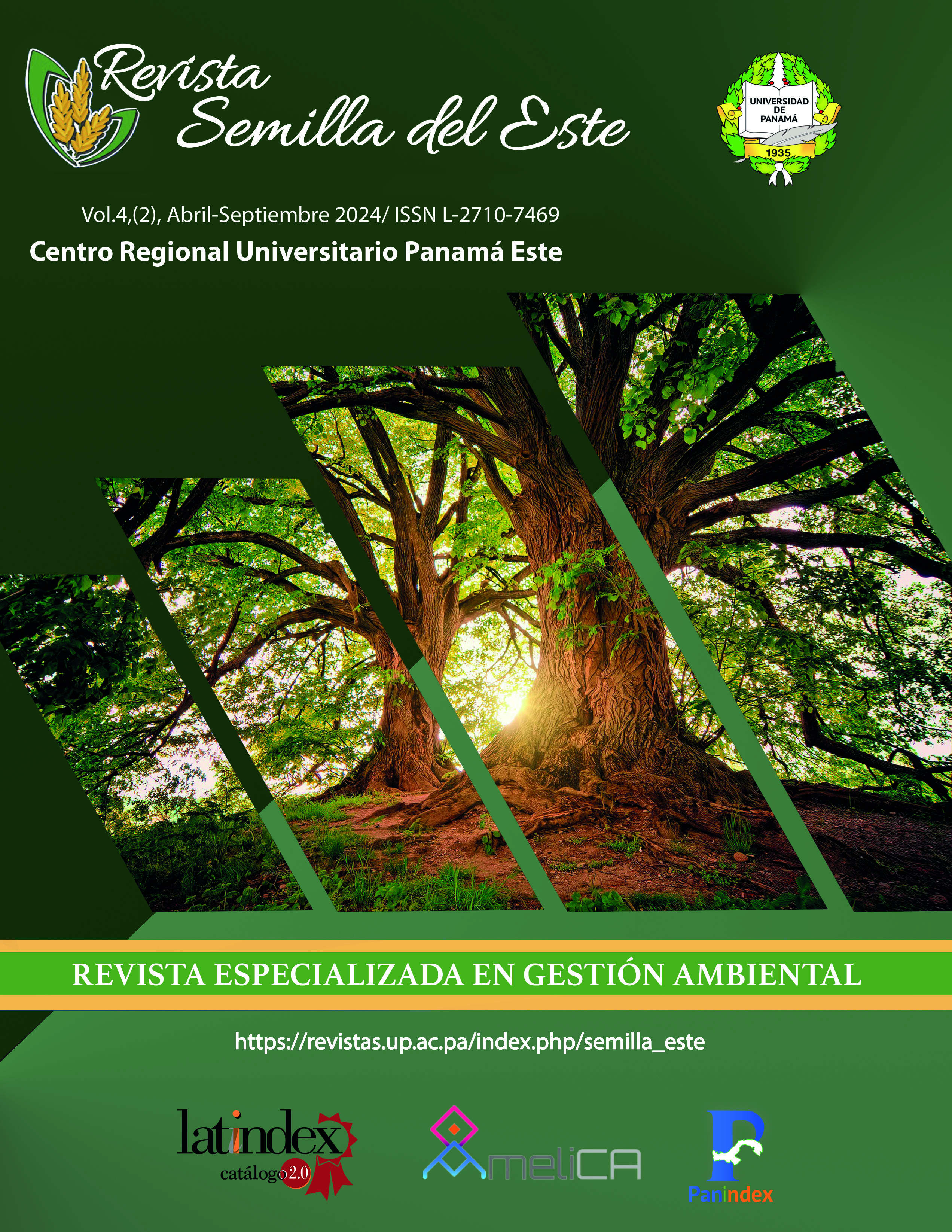


This work is licensed under a Creative Commons Attribution-NonCommercial-ShareAlike 4.0 International License.
The demand for chicken meat is covered by intensive confinement production systems, highly dependent on concentrated feed, antibiotics and energy; They are also emitters of pollutants that aggravate climate change. Birds are treated for prolonged periods with medications, which can affect the health of consumers. There are organically produced chickens on the market, a healthy alternative, but the sales price is high. The objective of this work was to develop a market study on the acceptance of chicken meat supplementally fed with Eisenia fetida (Savigny, 1826) (Opisthopora: Lumbricidae), a species widely used to obtain humus, being a sustainable protein alternative. To this end, a non-probabilistic sampling was carried out in David, Chiriquí, Panama, randomly choosing 30 people between
18 and 70 years old, who were presented with an electronic survey using Google forms, with eight questions about consumption habits and if they would purchase chicken meat fed with E. fetida. According to the results, the predominant frequency of consumption was three times a week (53.3%). On the other hand, 86.7% are unaware that there are antibiotic residues and 56.7% are unaware of their health risks. Regarding interest in purchasing healthier chicken meat, 76.7% would do so and 56.7% would be willing to pay more for it. Regarding the benefits for birds from ingesting earthworms, 53.3% do not know about them, but 66.7% would consume chicken meat fed with E. fetida. Regarding the place of purchase of worm-fed chicken meat, 50% would prefer to purchase it directly from the poultry farmer. In conclusion, chicken meat fed with E. fetida has market potential in David, because people are more aware of taking care of their health and contributing to the sustainability of livelihoods.